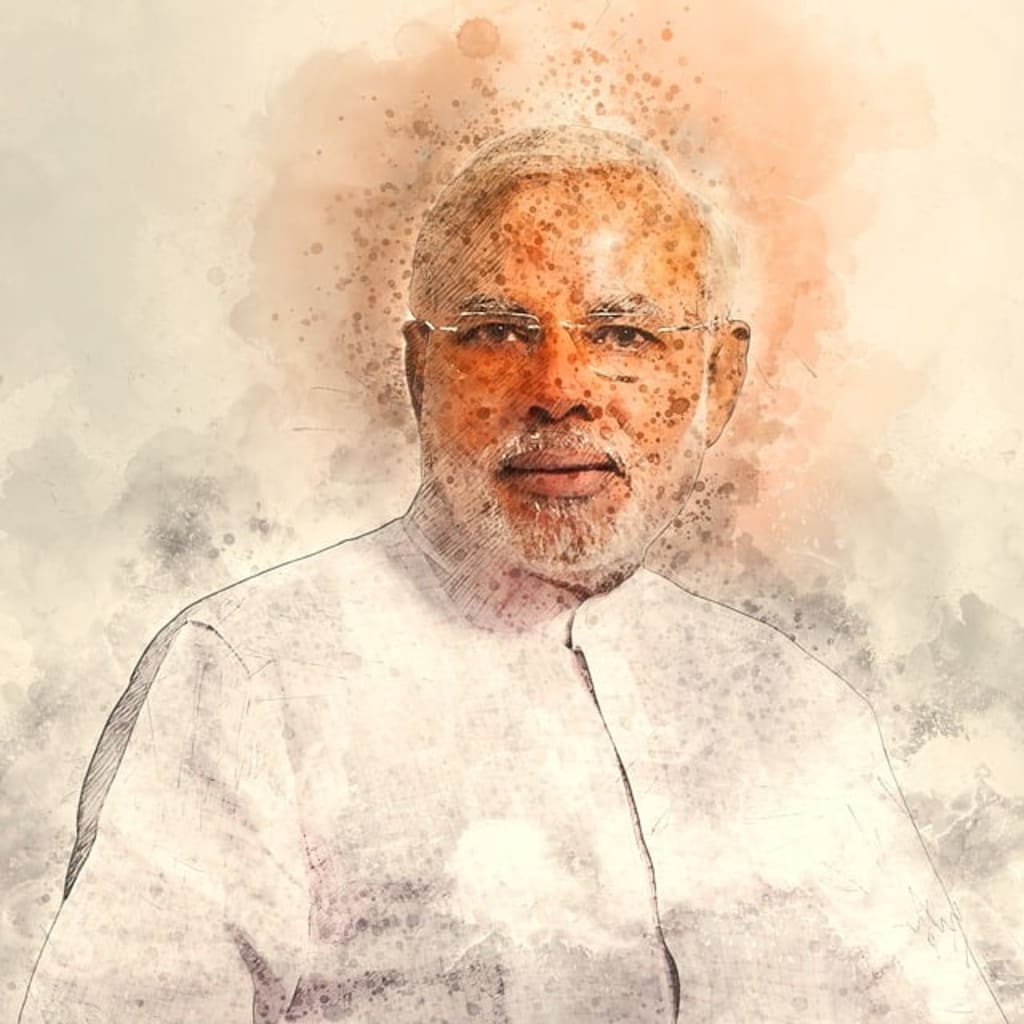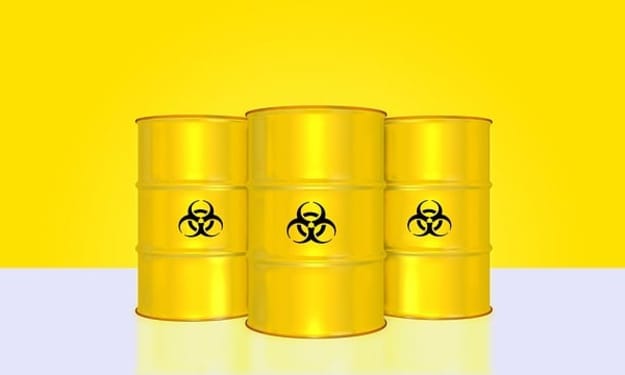
The Modi Question has sparked outrage in the country and around the world. It has highlighted the ongoing debate about free speech and the limits of censorship in the world’s largest democracy.
he two-part documentary focuses on Prime Minister Narendra Modi’s role in the 2002 anti-Muslim riots in Gujarat. The Indian government described it as “propaganda” and invoked an emergency law to block it on YouTube and Twitter. However, this has not stopped people from finding ways to watch the documentary.
The opposition Congress Party, along with other opposition parties and free speech activists, are organizing screenings of the documentary across India. In the southern state of Kerala, a local branch of the Congress Party held a screening on Thursday. A day before that, New Delhi police arrested nearly a dozen students at Jamia Millia Islamia (JMI) university ahead of a planned screening. The University of Hyderabad is also investigating a screening of the documentary that happened on Saturday.
Students at Jawaharlal Nehru University (JNU) in Delhi said that power and internet had been cut at the campus in a bid to prevent them from screening the documentary. According to the BBC, there was a heavy police presence at the JNU campus and a group of 20-30 people threw stones at students.
The documentary focuses at length on the 2002 Gujarat riots—one of the worst outbreaks of religious violence in India’s recent history—that took place while Modi led the state. After a train carrying Hindu pilgrims was set on fire in the state, and 59 people were killed, grieving citizens blamed Muslims. Revenge attacks led to over 1,000 deaths. The documentary highlighted an unpublished report from the U.K. Foreign Office that claims Modi was “directly responsible” for the “climate of impunity” that enabled the violence. Modi denies accusations of personal responsibility for the riots, and his supporters cite a 2013 Supreme Court ruling of there being insufficient evidence to prosecute him.
Many social media users have shared clips on WhatsApp, Telegram, and Twitter, with students screening the documentary on campus. While the screening at JNU was interrupted by a power cut, students reportedly handed out QR codes for people to scan so they could stream the film on their mobile phones or laptops. Abhishek Kumar, a prominent journalist based in India, also tweeted that the documentary was available to view on Telegram, Drive, and Mdisk with the name “Pathaan Full HD.”
Twitter said that it had blocked 50 tweets due to a request by India’s Ministry of Information and Broadcasting on Jan. 20, under the country’s information technology law, which passed in 2021 and extends the Indian government’s censorship powers over social media companies. This isn’t the first time Twitter has blocked tweets in India. Under its previous ownership, Twitter complied with demands to remove tweets that criticized Modi’s handling of widespread farmers’ protests in India in 2021.
Twitter’s new owner Elon Musk has described himself as a “free speech absolutist,” but he has also said Twitter will comply with local laws in the countries where it operates. Observers have argued that Musk’s ownership of Tesla, which has business interests in India, gives the Indian government extra leverage to force Twitter to comply with censorship demands. Some observers say that the Modi documentary is the first real test of whether Musk would push back against the Indian government’s censorship demands.
The Indian government’s decision to ban the BBC’s documentary has sparked outrage in the country and around the world. It has highlighted the ongoing debate about free speech and the limits of censorship in the world’s largest democracy.
The ban has also served to bring more attention to the documentary, with local screenings organized by opposition groups and activists and clips of the film being shared on social media platforms. This has enabled many people in India to watch the documentary despite the ban, and it is a testament to the power of the people to circumvent censorship.
The documentary has shed light on a dark episode in India’s history, and has provided an opportunity to reflect on the current state of freedom of speech and the press in India. It has also sparked a conversation about whether the Indian government has a right to censor the press and how far it should go in doing so. Ultimately, the debate around the documentary highlights the importance of freedom of speech and press in a democracy, and the need to protect these basic rights.






Comments
There are no comments for this story
Be the first to respond and start the conversation.